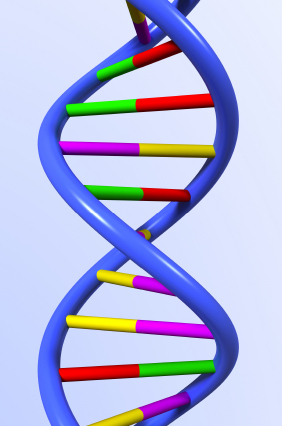by
Astrid Fiano, DOTmed News Writer | August 02, 2010

Commercial genetic tests
on the hot seat.
Commercially available personal genetic testing kits were characterized as "misleading and of little or no practical use" by government watchdog agency the General Accounting Office (GAO), in a Congressional hearing last week.
Due to recent
concerns regarding the commercialization of the tests to consumers, the House Committee on Energy and Commerce held a hearing on the sale of the kits. The genetic testing kits have been marketed to consumers to determine, among other things, if a person may be genetically predisposed to developing various diseases. In May, Walgreens and Pathway Genomics Corporation announced a partnership to sell Pathway's testing kits in the retail outlets.
Recently, the FDA sent a letter to Pathway indicating that their home-use kits met the definition of a device, which required FDA regulation. Walgreens is now holding off on stocking the kits. The FDA also sent letters to 23andMe, NaviGenics Health Compass, and deCODE Genetics stating that the direct-to-consumer (DTC) genetic testing kits are medical devices as defined by the Federal Food, Drug and Cosmetic Act.
The GAO Study
What may be the most significant testimony in the hearing came from Gregory Kutz, managing director of Forensic Audits and Special Investigations for GAO. According to Kutz's testimony, the GAO was asked to investigate DTC genetic tests currently on the market and the advertising methods used to sell these tests. GAO purchased 10 tests each from four companies, priced $299 to $999 per test.
GAO sent two DNA samples from donors, with both real and fictitious information, to each company. GAO then assessed if the tests provided any medically useful information through consultation with genetics experts, as well as interviewed representatives from each company. To investigate advertising methods, GAO went undercover to 15 DTC companies, including the four tested, and asked about supplement sales, test reliability and privacy policies. GAO then consulted with experts about the veracity of the claims.
According to the testimony, GAO's fictitious consumers received test results that were "misleading and of little or no practical use." The donors received disease risk predictions that were, at times, varied and contradictory across the four companies. The donors also received DNA-based disease predictions conflicting with actual medical conditions. GAO said that follow-up consultations offered by three of the companies did not provide the expert advice promised. However, in post-test interviews with GAO, each company claimed its results were more accurate than other companies' results.
